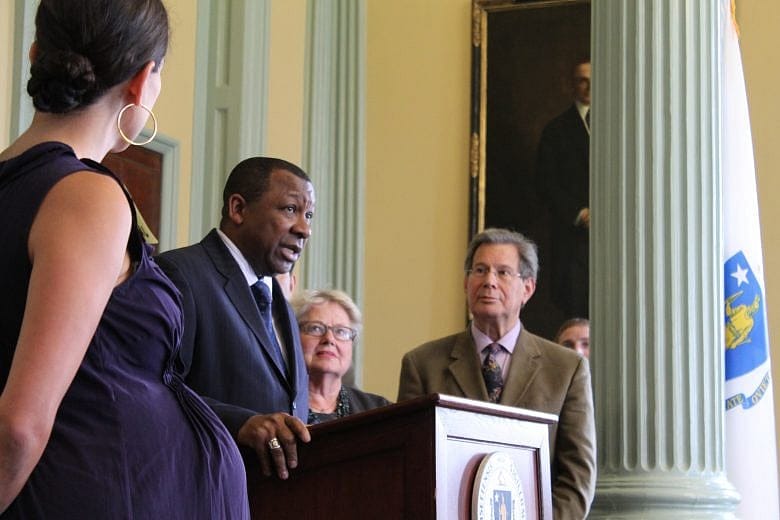Marijuana legalization in Colorado may be hurting poor

BOSTON – Reports about the disproportionate impact of the legal marijuana industry on minority and low-income neighborhoods and families deserve a closer look, according to Suffolk County Sheriff Steve Tompkins, who so far has focused his opposition to the legalization ballot question on its health impacts.
A recent Politico Magazine cover story and Denver Post investigations have explored how the marijuana industry has proliferated in low-income communities in Denver, Colorado, and the impact that has had on economic development.

